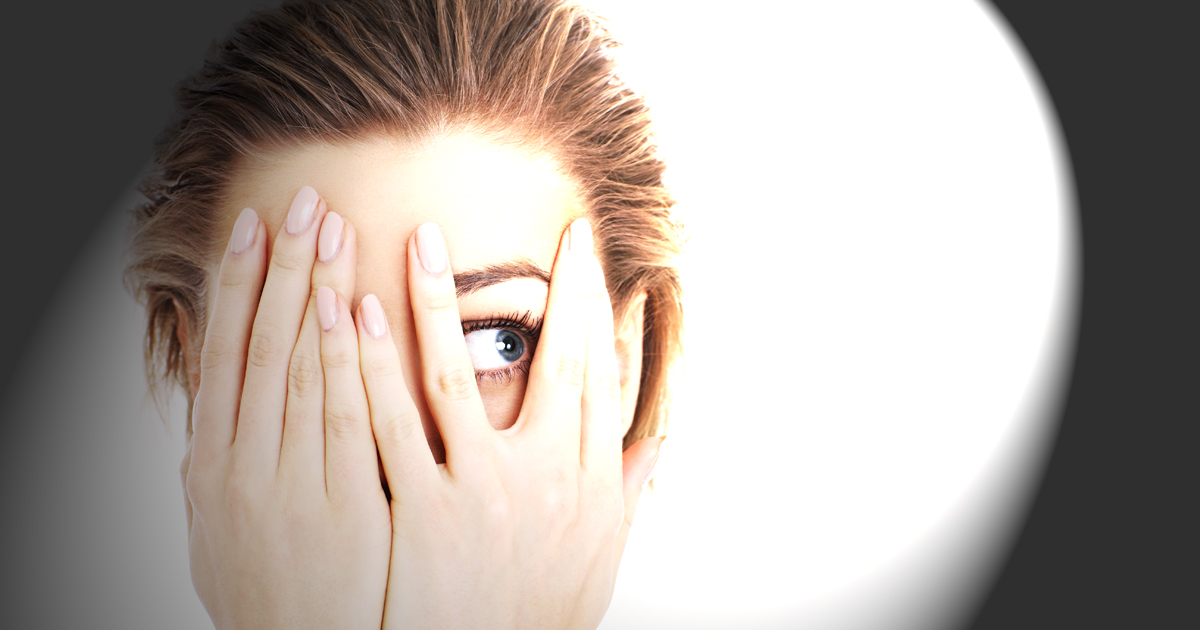Eye Care Warning Signs You Don't Want To Ignore
Sensitivity To Light

Light sensitivity, also called photophobia, can occur by itself or a part of a series of symptoms. Some of the most common reasons for light sensitivity are pink eye, sinus issues, and even headaches. However, several diseases carry light sensitivity as a symptom. Autoimmune conditions such as rheumatoid arthritis and Sjogren's syndrome are known for making the eyes very sensitive. Other conditions to be concerned about are mononucleosis, sarcoidosis, and encephalitis, as they also cause light sensitivity fairly often. A subarachnoid hemorrhage (SAH) is a bleed that takes place in the subarachnoid space, which is where the cerebrospinal fluid circulates. An injury to this area can cause a coma, light sensitivity, paralysis, and even death.
Learn more about vision problems no one should ignore now.
Issues Seeing At Night

An individual may notice they have more trouble than usual with being able to see clearly at night or in poor lighting conditions. Often referred to as nyctalopia, this problem is the result of an individual's eyes having an inability to adjust to low-light conditions properly. Several different problems with an individual's eyes can cause them to have issues seeing at night. Cataracts can cause the light an individual is looking at to become distorted and create halos. An individual who is having issues with seeing at night may have a deficiency of vitamin A or zinc. Vitamin A helps keep an individual's retina in good health but is unable to be utilized by their body for this purpose without enough zinc. An individual who experiences difficulty seeing clearly at night who is under thirty years old may be affected by retinal damage due to a serious genetic disorder referred to as retinitis pigmentosa. A diabetes patient who experiences issues with seeing at night may be affected by diabetic retinopathy and should seek immediate treatment.
Get more information on eye warning signs no one should ignore now.
